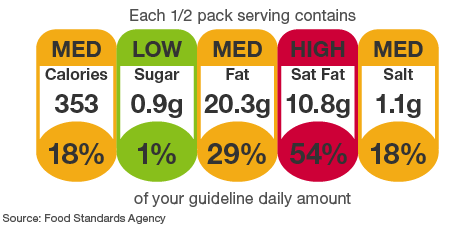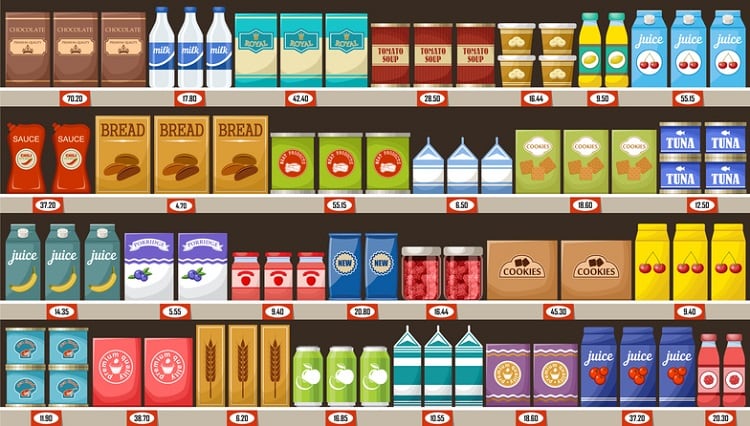The strategy aims to lower the total number of calories in processed foods, as well as reduce industrial trans and saturated fatty acids, and improve nutrient composition, by 2025.
According to Germany’s federal minister of nutrition, Julia Klöckner, who announced the plan last month, food manufacturers are to reduce sugar content in breakfast cereals by 20%, and in soft drinks by 15 to 20%. Portion sizes should also be reduced, she told delegates at a press conference.
The minister also called on dairy product manufacturers to improve nutrient composition in foods and beverages targeting children and young people. Increased levels of dietary fibre in breakfast cereals would also be welcomed, she continued.
The initiative (available here in German), which relies on voluntary commitments by the food industry, is due to launch early this year. The government expects the strategy to incite a two-digit reduction in sugar content over the next six years.
Concrete measures?
Klöckner’s strategy comes less than one year after physicians in Germany requested the federal government establish ‘concrete measures’ to combat malnutrition.
Obesity, and unhealthy lifestyles, are prevalent in Germany. Approximately 55% of its population is classified as overweight or obese, including 1.9 million children.
In an open letter to the Germany government, more than 2,000 doctors demanded the mandatory implementation of four strategies: ‘understandable’ food labelling such as the ‘traffic light’ system, restrictions on food advertising aimed at children, tax incentives for the food industry to develop healthier recipes, and mandatory standards for school and daycare.
Klöckner’s action plan, which relies on voluntary commitments rather than legal measures, has attracted criticism from European advocacy group, Foodwatch, which says, “a voluntary approach is not sufficient”.
“Foodwatch does not support Ms Klockner’s so called national strategy,” spokesperson Andreas Winkler told FoodNavigator.
“We criticised her approach as an early Christmas present for the food industry. The minister politely asks the food industry to please, please put a little bit less sugar in their products.”
According to Winkler, Germany needs “regulatory measures” rather than a voluntary system, citing traffic light labelling, a soda tax, or advertising restrictions on unhealthy children’s products as potential alternative strategies.
“Nutrition experts and medical doctors have been called for sure measures for years – but the German government has turned a deaf ear to the expert’s advice,” he added.
The German government did not immediately respond to a request for comment.
Elsewhere in Europe: Front-of-pack labels, sugar taxes gain ground
Across Europe, a number of front-of-pack labelling schemes have been championed, from traffic lights to NutriScore and Keyhole logos.
The UK and Ireland has taken up traffic light labelling, which indicates how much fat, saturated fat, sugar and salt are in food products, on a voluntary basis for food manufacturers.

However, there has been a recent push in the UK to make the front-of-pack initiative – which highlights ingredient content by red (high), amber (medium) and green (low) traffic light signals – mandatory after Brexit.
Meanwhile, the French-developed NutriScore system provides a front-of-pack overview of product health using a calculation that takes into account positive and negative attributes. Content of sugars, saturated fatty acids, salt and calories have a negative influence on the score, while the presence of fruits, vegetables, fibre or protein have a positive impact. This system has been adopted in other European markets, including Belgium and Spain.
European governments are also targeting rising obesity levels with the implementation of sugar taxes. In the UK, a tax has been imposed on sugary drinks while Portugal, for example, introduced a tax on sugar-sweetened beverages in 2017. France recently introduced a tiered-tax rate that varies according to the amount of sugar in beverages, and Estonia is looking to implement a sugar tax on certain beverages this year.





